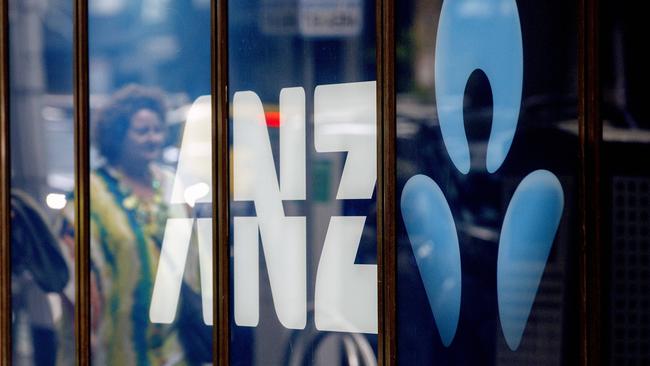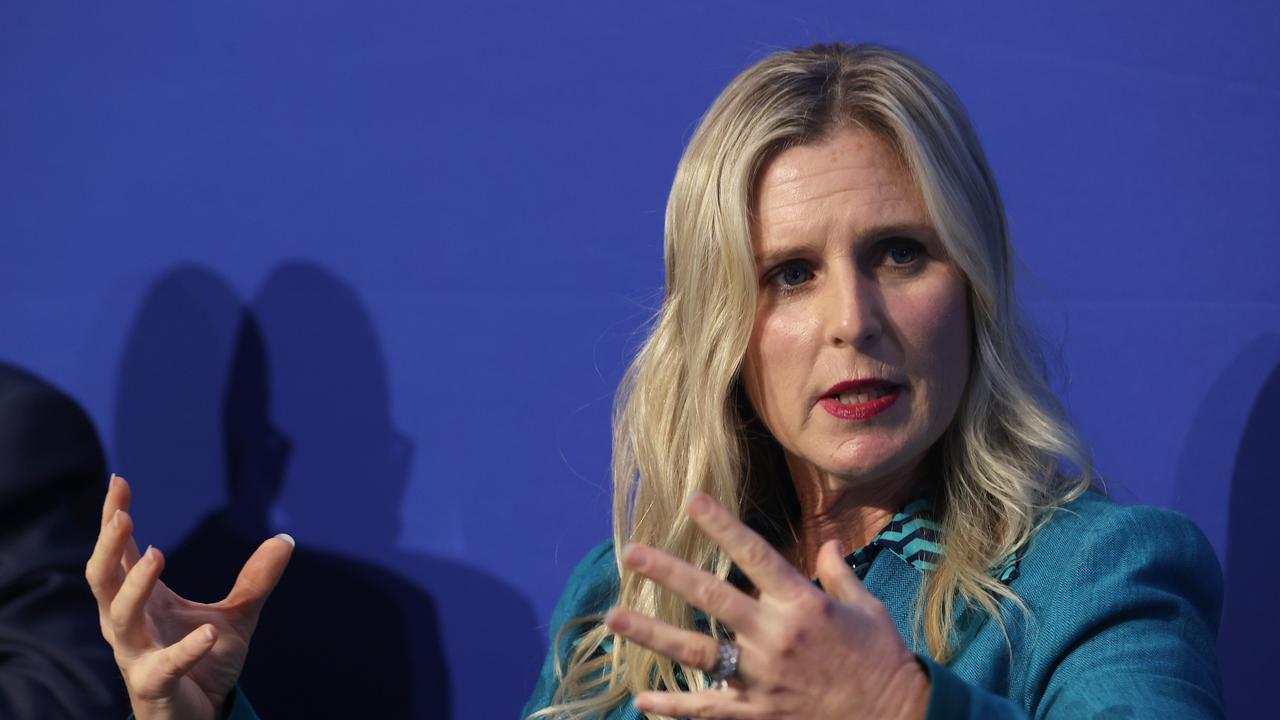Defects in ANZ, Citigroup and Deutsche cartel trial details, says judge
ANZ, Citigroup and Deutsche had a small victory in defending criminal cartel charges when a judge ordered indictments be revised to fix ‘defects and deficiencies’.

ANZ, Citigroup and Deutsche Bank had a small victory in their defence of criminal cartel charges on Wednesday, as a judge ordered their indictments be revised to fix “defects and deficiencies”.
In the Federal Court on Wednesday, judge Michael Wigney handed down his decision and flagged a further case management hearing on July 28.
“On or before July 21, 2021, the prosecutor file a replacement indictment pursuant to rule 3.07(3) of the Federal Court (Criminal Proceedings) Rules 2016 (Cth) which remedies the defects and deficiencies in the existing indictment which are identified in the reasons for judgment,” his orders said.
Justice Wigney gave parties two days to make a request for a suppression order of his judgment, ahead of releasing his reasons for judgment and the document in full on Friday.
He said he would accept written submissions relating to suppression of the judgment, or redaction of specific parts.
“At this point I will simply publish my reasons for judgment to the parties, as well as the interested parties being the Australian Competition & Consumer Commission, Australian Securities and Investments Commission and JPMorgan,” Justice Wigney added.
The indictments relate to a landmark criminal cartel case being pursued by the Commonwealth Director of Public Prosecutions against the three banks and six former and current executives.
The cartel legal battle is set to go to trial in April 2022, with six months set aside to hear the matter.
The long-running legal matter relates to an ANZ’s capital raising in 2015 and how the banks worked to manage a shortfall of shares not taken up by investors. The ACCC lobbed the damning criminal case in 2018, and fellow bank on the capital raising JPMorgan was granted immunity for its co-operation.
The ACCC claims the banks and their executives colluded to manage trading in ANZ shares not taken up initially by investors in the capital raising. But the banks have argued it is the role of joint lead managers on such deals to work together to ensure orderly trading in the company’s stock they are raising capital for.
The banks and the individuals have also questioned the validity of the indictments and the way the ACCC formed its case by drafting JPMorgan as a key witness, with immunity.
In June, ANZ accused the competition and corporate regulators of “wheeler dealing”.
The cartel action involves Citigroup’s former Australia boss Stephen Roberts, Citi bankers John McLean and Itay Tuchman and ANZ executive Rick Moscati.
Deutsche’s former country head, Michael Ormaechea, and former equity capital markets boss Michael Richardson, are also part of the action.
ANZ, Citigroup, Deutsche and the individuals in December separately lodged not guilty pleas, which committed them to stand trial in the Federal Court.
Individuals convicted of a criminal cartel offence face up to 10 years’ imprisonment, a fine of up to $420,000, or both.
For corporations, the maximum fine for each cartel offence is the greater of $10m, three times the benefits obtained, or 10 per cent of the firm’s annual Australian turnover.




